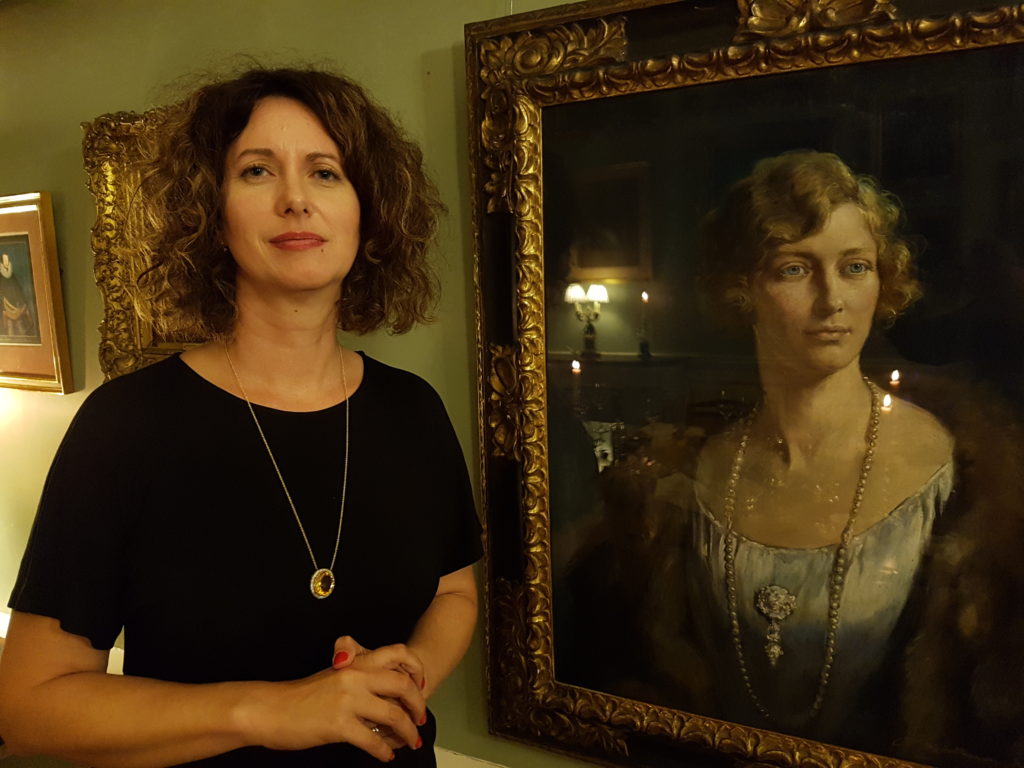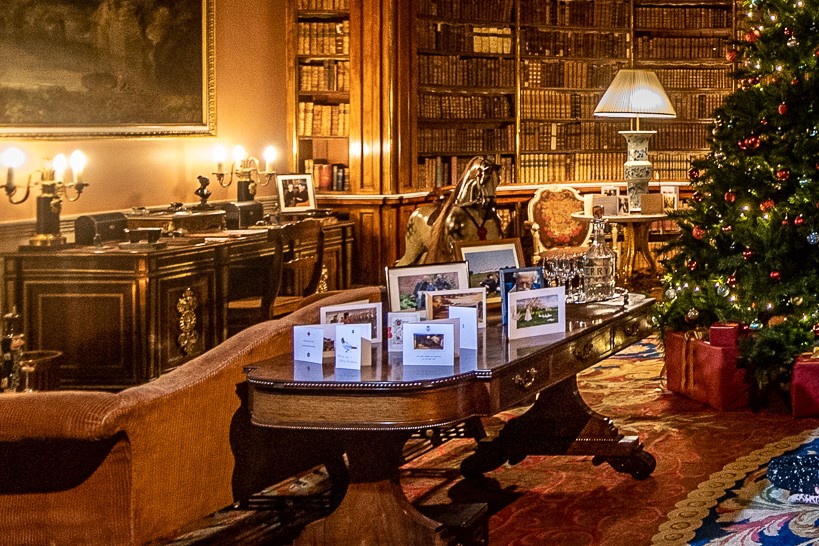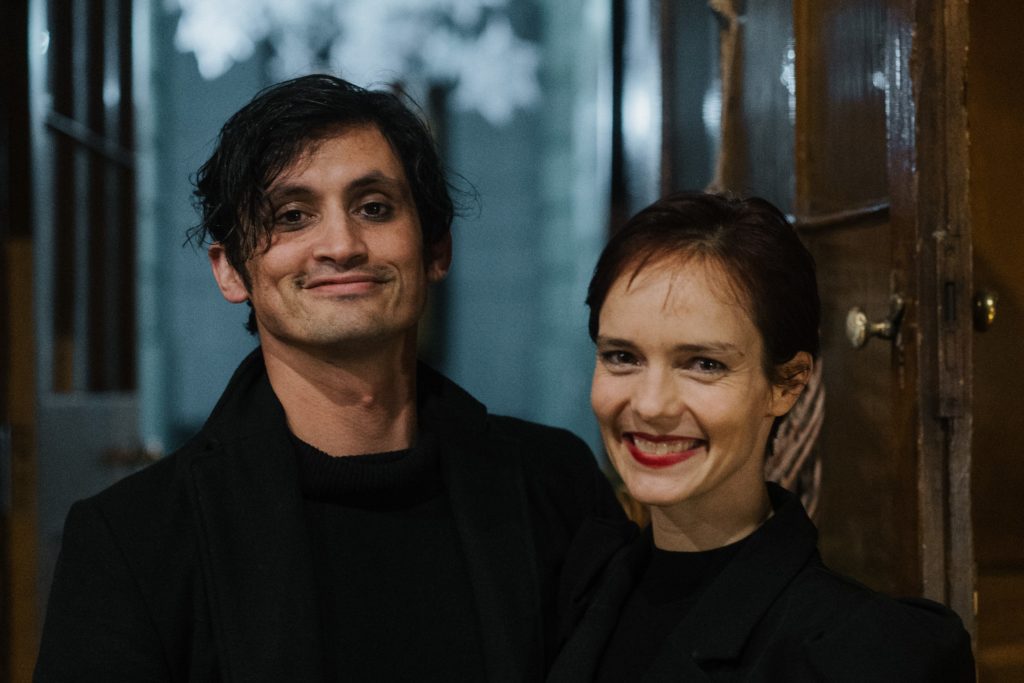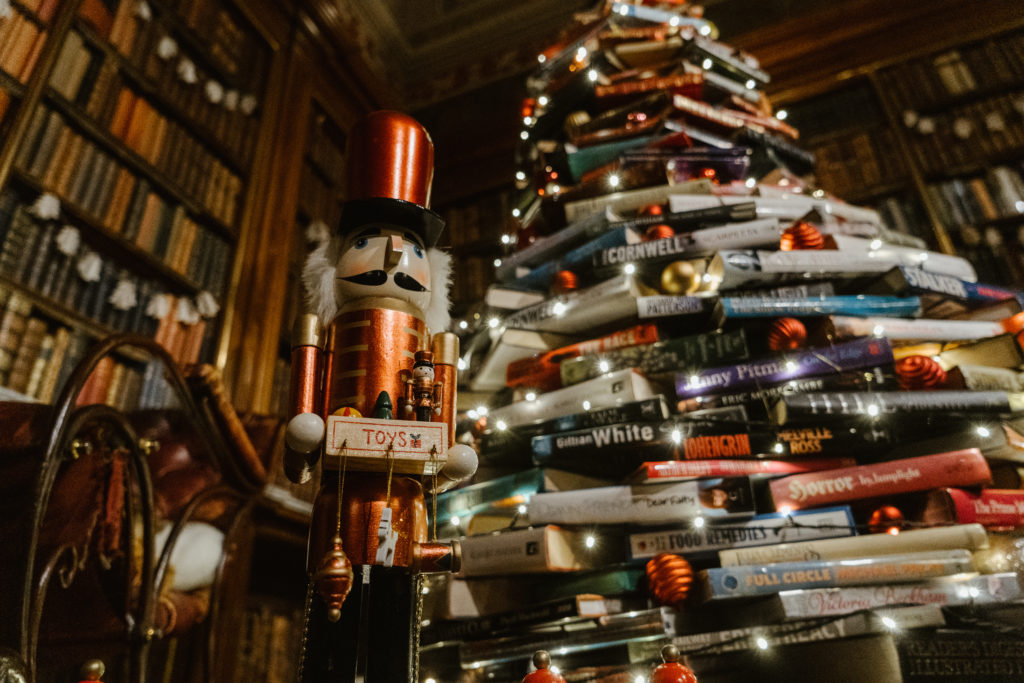 December and the Christmas break are a good time to reflect on the past year, and what a year 2019 has been.
December and the Christmas break are a good time to reflect on the past year, and what a year 2019 has been.
There are many highlights that spring to mind straight away, from the launch of the inaugural Harewood Biennial Useful/Beautiful: Why Craft Matters to ending with this beautiful Christmas House, A Night at the Mansion, and along the way seeing the number of new Members grow the Harewood community and celebrating and sharing the practice of craft with visitors during our first ever Make It Harewood annual festival.
I have to confess that we started with no intention of launching a Biennial to celebrate ‘why craft matters’, but the overwhelming enthusiasm and support for the concept of the show, the growing numbers of people passionate about craft, shopping locally and supporting creative individuals and makers, made us reconsider.
Harewood has always been a place of great craftsmanship, from the late 1700’s through to today, the Lascelles family have been consistent supporters of artists and makers. So Harewood seemed a very natural home. Whilst London is a thriving hub of craft, there is no other significant, regular craft exhibition, we wanted that to change and so we decided to do just that!
Useful/Beautiful: Why Craft Matters received some fantastic feedback and achieved for us two main visions – to showcase the best of contemporary craft currently in the UK, and to present a different perspective of Harewood, that of a living and breathing house. And so, we will return with the next Biennial in 2021, and we have invited Hugo MacDonald to return as the curator, and the second Make It Harewood will be back again in early July 2020.
We’ve established a set of ambitions for The Biennial long term:
‘To be the pre-eminent venue outside London for craft and design. We will offer a new perspective of Harewood and our collections, celebrating great craftsmanship through the centuries with beautiful new work. Our legacy, will be to create a cultural project that provides a unique insight, over time, on craft and design as a business and creative endeavour and to provide unrivalled support and inspiration for makers, designers and artists.’
I couldn’t reflect on the year without mentioning several other highlights, including the celebration of 30 years of contemporary programming and the work that Diane Lascelles, Countess of Harewood, has done over the years to programme Terrace Gallery and bring contemporary art to Harewood. If you haven’t seen the film Postcard to the Future about her work, this can be accessed here.
We were also delighted to come to an agreement this year with the Victoria & Albert Museum, to retain the Chippendale pier tables and glasses on public display in the Music Room for which they were designed. They were gifted to the Nation earlier in the year and entrusted in the care of Harewood and the Victoria & Albert Museum. We also presented Pleasure Gardens, an audio installation in the Walled Garden during the summer, created by celebrated Australian musician Genevieve Lacey. The Walled Garden was transformed into a place of musical play.
We’re planning plenty of exciting new opportunities at Harewood in 2020, and I look forward to sharing the plans and welcoming you. We will be celebrating 50 years of our Tropical Bird Collection and Conservation programmes for a start…watch this space.
With less than a week before we end the year on a tremendous high and close the House for winter, a visitor’s recent comments can capture some of the impact this show has had;
‘Harewood has excelled itself this year! The theme was so clever and incredibly magical and immersive. We all loved it!‘ (LR, Leeds)
Find out more about the Christmas House: A Night at the Mansion. Harewood closes on Sunday 5 January, reopening 21 March 2020.



